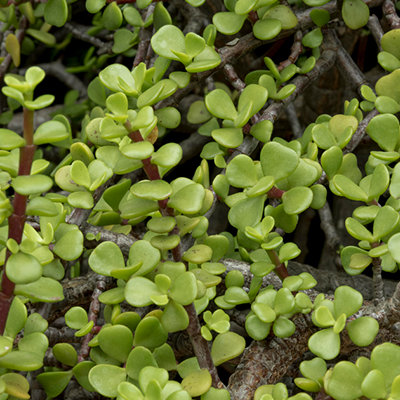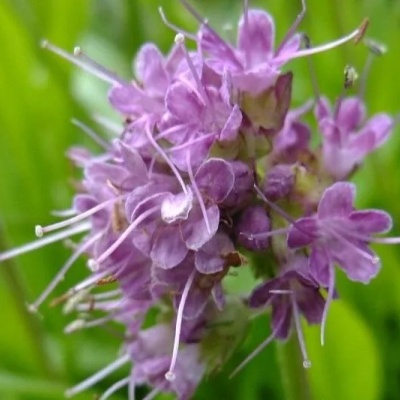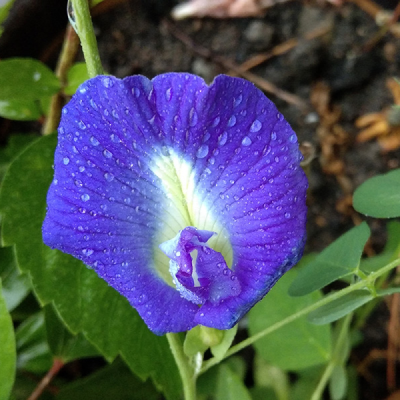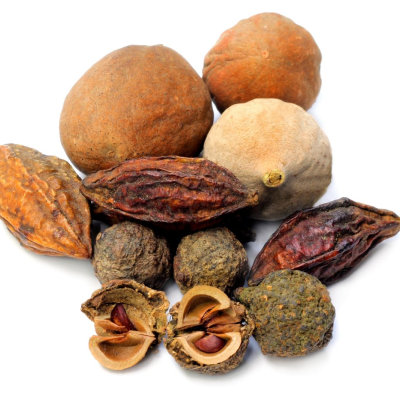- +033 2572 7171
- info@dhanvantary.com

4.5 Rating | 4500 Review

4.5 Rating | 4500 Review
A migraine is a chronic neurological condition characterized by recurrent, intense headaches, often accompanied by symptoms like nausea, sensitivity to light (photophobia), sound (phonophobia), and sometimes aura (visual or sensory disturbances). It affects both men and women, though it is more common in women, often linked to hormonal changes.

In Ayurveda, migraine is closely associated with "Ardhavabhedaka", a condition described as intense pain in half the head. It results from an imbalance in Vata and Pitta Dosha, often aggravated by poor digestion (Ama accumulation) and stress.

Improves memory, calms the mind, and reduces stress.

Reduces anxiety and strengthens the nervous system.

Aids in calming the mind and relieves headaches.

Balances Pitta and Vata, improves mental clarity.

Detoxifies the body and improves digestion.
